What is Business Analytics vs Business Intelligence?
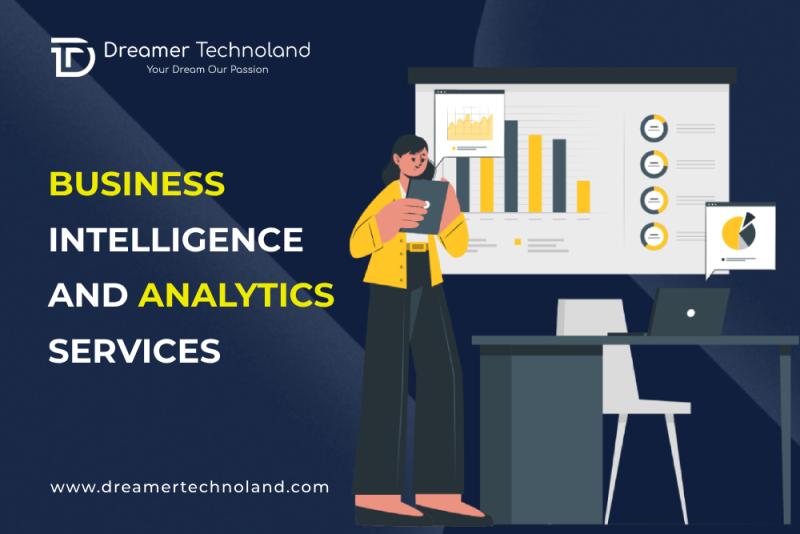
Business analytics (BA) and business intelligence (BI) are both crucial components of data-driven decision-making in organizations, but they serve different purposes and involve different processes. In this blog, we will break down business analytics and BI consulting services for you and share the differences between the two in detail.
Business Intelligence (BI)
Definition: Business intelligence refers to the technologies, tools, and practices used to collect, analyze, and present business data. It focuses on transforming raw data into actionable insights to inform decision-making.
Key Characteristics:
- Data Aggregation: BI tools gather data from various sources, such as databases, spreadsheets, and other systems.
- Descriptive Analytics: It primarily involves descriptive analytics, which helps organizations understand what has happened in the past. This includes reporting, dashboards, and visualization tools.
- Historical Analysis: BI often focuses on historical data analysis to identify trends, patterns, and anomalies.
- Decision Support: The insights generated help managers and executives make informed decisions based on historical performance.
Examples of BI Tools:
- Tableau
- Power BI
- QlikView
- Looker
Business Analytics (BA)
Definition: Business analytics encompasses a broader set of techniques and methods to analyze data and derive insights that drive business strategies. It often includes predictive and prescriptive analytics to help organizations anticipate future trends and optimize decisions.
Key Characteristics:
- Advanced Analytics: Business analytics services involve statistical analysis, machine learning, and predictive modeling to understand potential future scenarios.
- Predictive and Prescriptive Analytics: While descriptive analytics is a component, BA also includes predictive analytics (forecasting future outcomes) and prescriptive analytics (recommending actions based on data).
- Focus on Improvement: The goal of BA is not just to understand past performance but to use data to optimize future outcomes and improve business processes.
- Data-Driven Strategy: BA often informs strategic initiatives and operational improvements, helping organizations make proactive decisions.
Examples of BA Techniques:
- Regression analysis
- Data mining
- Predictive modeling
- Optimization algorithms
Key Differences
Here are the key differences between business intelligence and business analytics.
| Aspect | Business Intelligence (BI) | Business Analytics (BA) |
|---|---|---|
| Focus | Historical data and reporting | Future predictions and optimization |
| Type of Analysis | Descriptive analytics | Predictive and prescriptive analytics |
| Purpose | Understand past performance | Drive future strategy and decision-making |
| Tools | Visualization tools, dashboards | Statistical tools, machine learning |
| Outcome | Informed decision-making based on past data | Proactive decision-making and process improvement |
How to Choose the Best Mobile App Development Company?
Choosing the best mobile app development company is a critical decision that can significantly impact the success of your app. Here are some key factors to consider when making your choice:
Define Your Requirements
- Project Scope: Clearly outline what you need in terms of features, functionality, and design. This helps you communicate your vision effectively.
- Platform: Decide if you need an app for iOS, Android, or both, as different companies may specialize in different platforms.
Research and Shortlist Companies
- Experience and Expertise: Look for companies with a proven track record in mobile app development. Check their portfolios to see previous projects that align with your needs.
- Domain Knowledge: Consider companies that have experience in your industry, as they will better understand your requirements and challenges.
Evaluate Their Portfolio
- App Quality: Assess the quality of the apps they’ve developed. Look for user-friendly interfaces, functionality, and aesthetics.
- Diversity: Check if they have developed a variety of apps (e.g., e-commerce, gaming, utility) to gauge their versatility.
Check Client Reviews and Testimonials
- Feedback: Look for reviews on platforms like Clutch, GoodFirms, or Google. Pay attention to both positive and negative feedback.
- Case Studies: Read case studies to understand how the company has tackled challenges and delivered solutions for other clients.
Assess Technical Skills
- Technologies Used: Ensure they are familiar with the latest technologies and frameworks relevant to your project, such as React Native, Flutter, or Swift.
- Development Methodologies: Ask about their development process (Agile, Scrum, etc.) to ensure it aligns with your project management style.
Communication and Collaboration
- Responsiveness: Evaluate their communication skills during the initial discussions. A responsive company is likely to be more attentive during the development process.
- Collaboration Tools: Check if they use modern project management and collaboration tools (like Trello, Jira, or Slack) to keep you updated on progress.
Support and Maintenance Services
- Post-Launch Support: Inquire about their support and maintenance services after the app is launched. This is crucial for updates, bug fixes, and scaling.
- Service Level Agreements (SLAs): Ensure they provide clear SLAs regarding support response times and issue resolution.
Budget Considerations
- Transparent Pricing: Request detailed estimates from multiple companies. Be wary of extremely low bids, as they may compromise quality.
- Value for Money: Focus on the value you get for your investment rather than just the price. Sometimes, paying a bit more for quality can save costs in the long run.
Cultural Fit
- Company Values: Choose a company that shares similar values and culture. A good cultural fit can lead to a more productive and enjoyable working relationship.
- Team Dynamics: If possible, meet the team that will be working on your project. This helps ensure you are comfortable with their approach and expertise.
Legal Considerations
- Contracts: Ensure that all agreements are documented in a clear contract. This should cover project timelines, payment terms, and intellectual property rights.
- Confidentiality: Verify that the company has measures in place to protect your intellectual property and sensitive information.
Conclusion
In summary, while business intelligence consultant primarily focuses on understanding past data to inform current decisions, business analytics extends beyond that to predict future trends and optimize strategies. Both are essential for organizations looking to leverage data effectively; however, they serve different functions within the broader context of data analysis and decision-making.
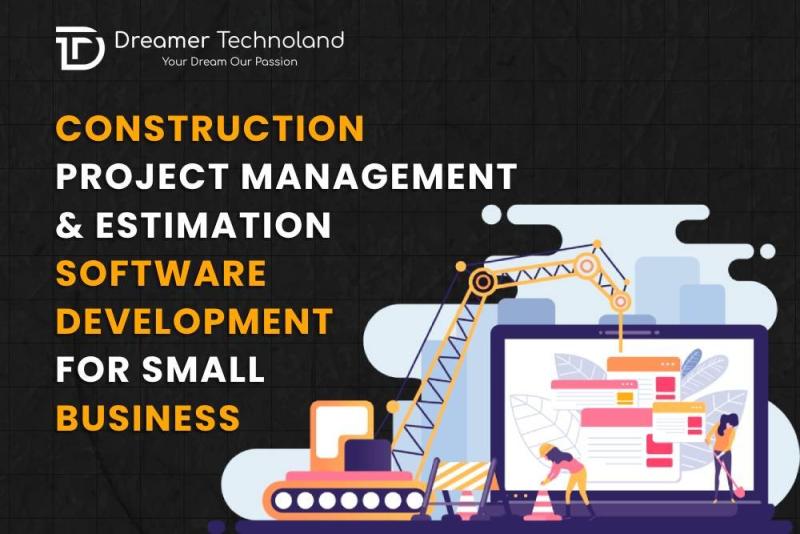

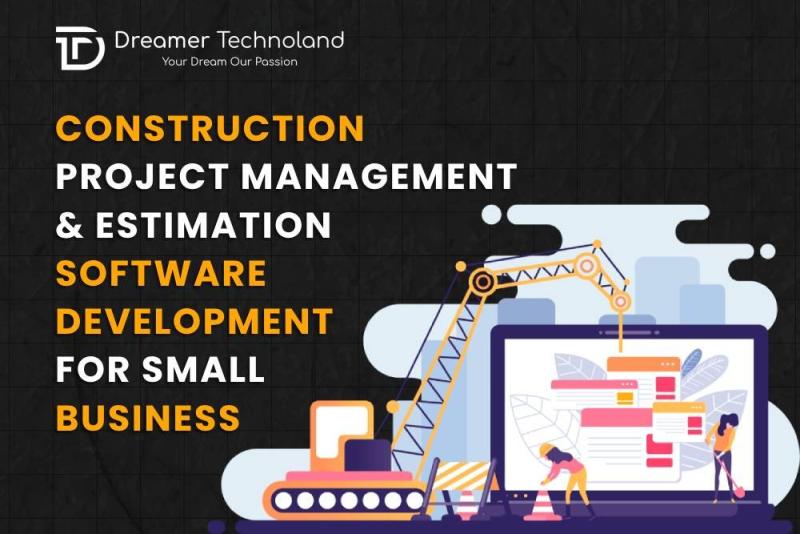
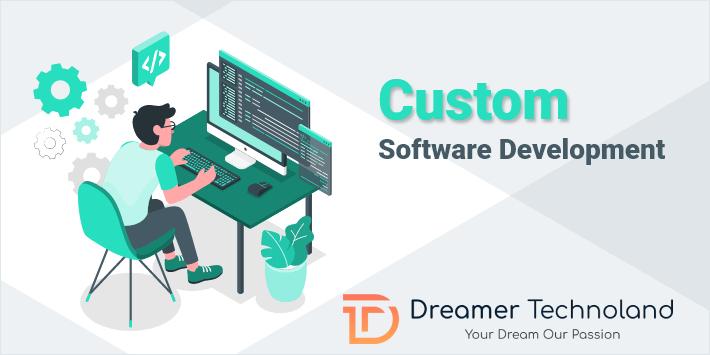

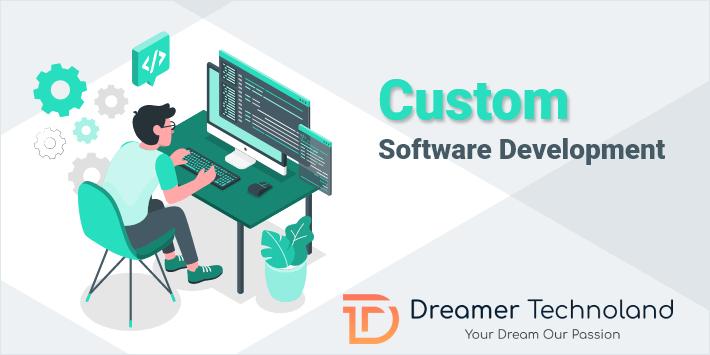
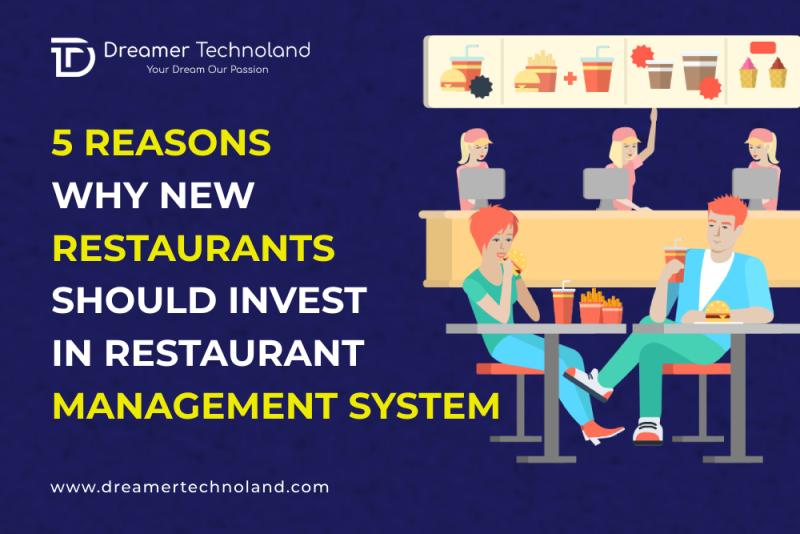
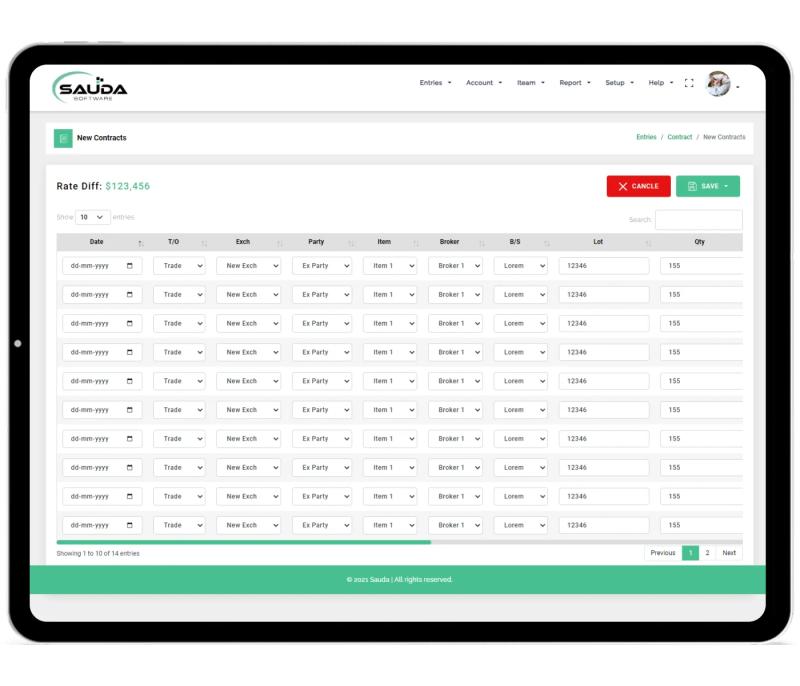

Comments